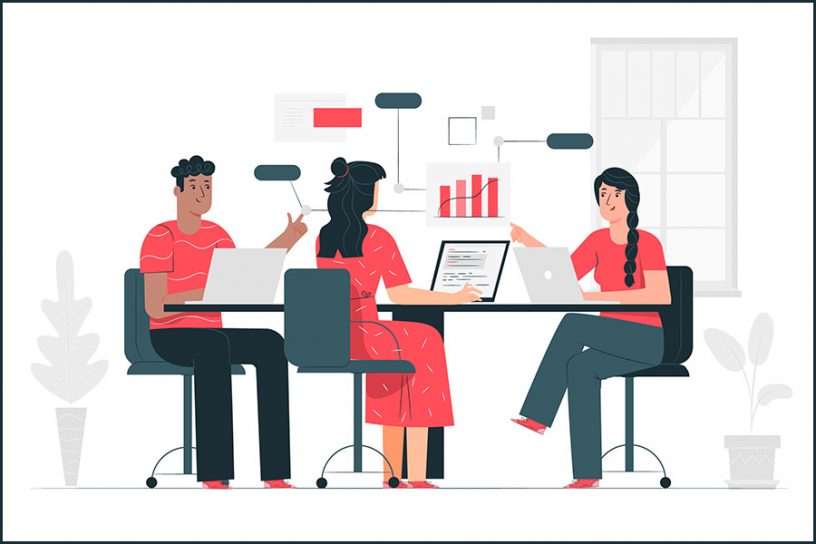
Disabled women are more vulnerable to sexual harassment at the workplace.
Author
Devyani Tewari, Assistant Professor, Jindal Global Law School, O.P. Jindal Global University, Sonipat, Haryana, India.
Summary
To me, personal is theoretical as well as political. Therefore, when exploring the question of how the workplace is an ableist as well as a sexist space for disabled women, I have linked theory to my lived experiences.
My experiences are the starting point for my explication of how intersectional feminist theories on disability, spatial practices, silence, violence, and discrimination provide a source of strength, action, voice, language, and a name to experiences of disabled women of colour working in sexist and ableist workplaces.
Relying upon intersectionality, I propose that disabled women are more vulnerable to sexual harassment at the workplace.
I have drawn upon Sara Ahmed’s work on ‘girling’ and ‘gender fatalism’ to propose concepts of ‘disabling’ and ‘disability fatalism’. I conclude my feminist resistance project by asserting the necessity of intersectional feminist workplaces.
Published in: Jindal Global Law Review
To read the full article, please click here.


